Florida’s beaches are a popular destination for tourists worldwide. However, recent legislative changes may affect your next beach getaway. It’s crucial to familiarize yourself with these new regulations to ensure a smooth and enjoyable trip. This article highlights essential details about the new law that every tourist should be aware of before hitting the sunny shores of Florida.
1. Beach Alcohol Restrictions

Imagine relaxing on Florida’s pristine beaches, only to discover a prohibition on open alcohol containers. Recent laws have tightened restrictions on beach alcohol consumption. Now, many areas enforce strict ‘no open container’ policies.
This shift aims to maintain a family-friendly atmosphere, but it might catch some visitors off guard. Research local rules before indulging in your favorite drink.
Did you know that some counties allow alcohol but require permits? It’s advisable to check specific beach policies, so your sunbathing doesn’t lead to unexpected fines.
2. Beach Access Fees

A sunny day at the beach might now come with a small price tag. Certain Florida beaches have introduced access fees to fund maintenance and conservation efforts. Visitors may need to pay a nominal fee to enjoy these natural wonders.
This change supports beach upkeep, ensuring pristine conditions for all guests. However, it’s wise to carry some cash or a credit card to avoid any inconveniences.
This move, while new, mirrors global practices where tourist hotspots levy fees for environmental preservation. Check ahead to see if your beach destination requires an entrance fee.
3. Drone Usage Limitations

Drones hover as a favorite gadget for capturing stunning aerial views. However, Florida’s new regulations clamp down on drone usage in certain beach areas. Concerns over privacy and wildlife protection have led to these restrictions.
Before launching your drone, verify if the area permits it. Ignorance might lead to fines or confiscation.
Interestingly, some beaches host designated drone zones, offering photography enthusiasts a chance to capture those breathtaking shots legally. Always check local guidelines to avoid unexpected surprises during your beach adventure.
4. Sea Turtle Nesting Season Awareness
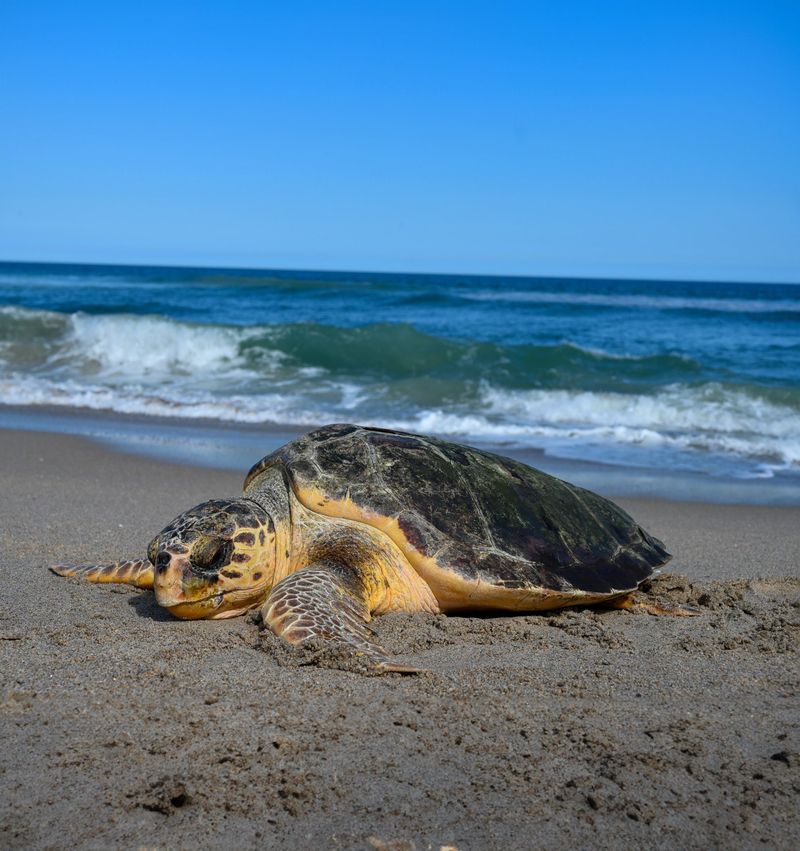
During sea turtle nesting season, Florida beaches transform into conservation zones. New laws emphasize protecting these majestic creatures. Tourists might encounter signs prohibiting bright lights, as they confuse hatchlings trying to reach the ocean.
Respect the marked areas and dim your lights if you plan to stay after sunset.
Did you know? Florida hosts five sea turtle species, making it an essential nesting ground. Your cooperation ensures their continued survival, so follow the precautions and enjoy witnessing nature’s wonders responsibly.
5. Pet-Friendly Beach Regulations

For pet owners, understanding new pet regulations is crucial. While some beaches warmly welcome four-legged friends, others impose strict rules or designated hours for pets.
These measures balance pet enjoyment with public safety and cleanliness. Ensure your pet is leashed and cleaned up after to maintain a harmonious beach environment.
Fun fact: Some beaches even host pet-friendly events, fostering a sense of community among pet lovers. Always review specific rules at your chosen location to guarantee a tail-wagging day by the sea without any hiccups.
6. Beach Bonfire Regulations

Florida’s new law places specific restrictions on beach bonfires. Only certain beaches allow these gatherings, and permits are often required. This ensures safety and environmental protection.
Bonfires must be contained in designated areas, and specific materials must be used to prevent pollution. This rule helps preserve the natural beauty of Florida’s beaches.
Make sure to check local regulations before planning a beach bonfire. Compliance with these rules will allow you to enjoy a magical evening without facing fines or disruptions.
7. Fishing License Requirements
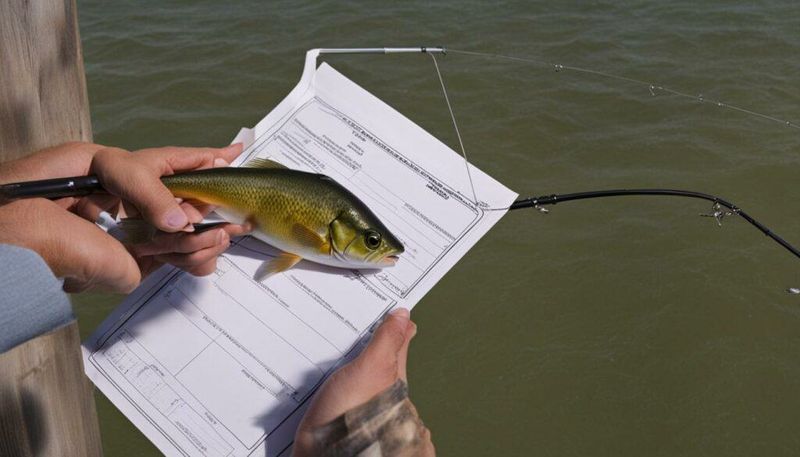
Fishing in Florida requires a valid license. This law applies to both residents and tourists. It’s essential for conserving marine life.
Licenses can be purchased online or at local shops. Different licenses are available for saltwater and freshwater fishing.
Understanding these requirements will enhance your fishing experience and contribute to conservation efforts. Take the time to obtain the correct license, ensuring a responsible and enjoyable outing.
8. Seaweed Management Policies
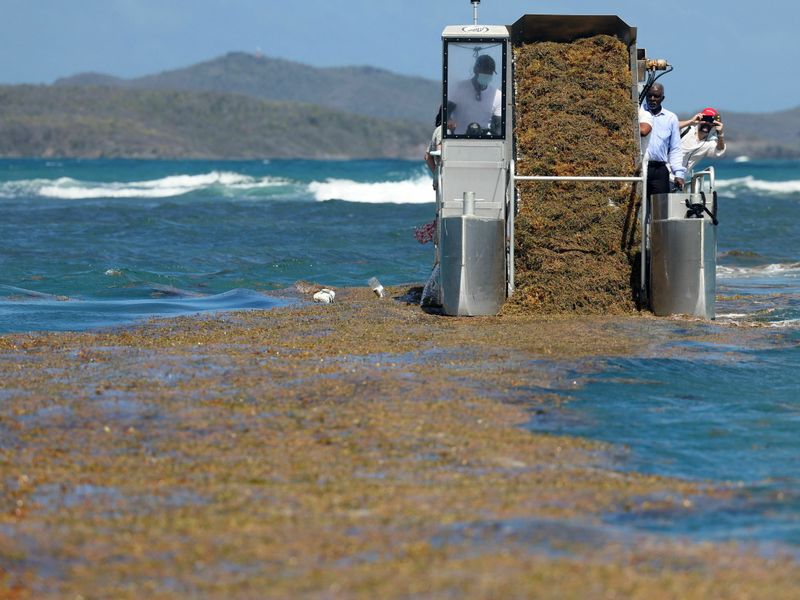
New policies in Florida focus on the management of seaweed along the coastlines. This initiative is part of environmental conservation efforts.
Seaweed, while natural, can impact the beach experience negatively if unmanaged. Florida’s policy involves regular cleanup to maintain pristine beaches.
Tourists should respect these efforts by avoiding interference with cleanup operations. These policies ensure a beautiful beach experience for everyone.
9. Beach Curfew Enforcement

Florida’s beach curfews are strictly enforced to maintain safety and preserve tranquility. Curfews vary by location, often starting around sunset.
This rule helps reduce disturbances and allows for overnight maintenance and wildlife protection. Ignoring curfews can result in fines or other penalties.
Tourists should plan activities accordingly, respecting curfew times to enjoy a peaceful and law-abiding visit.
10. Lifeguard Presence Mandates

Florida mandates lifeguard presence on many public beaches. This law enhances safety for swimmers and beachgoers.
Lifeguards are trained to handle emergencies and provide assistance. Their presence is crucial, especially on crowded summer days.
Visitors should swim in designated areas watched by lifeguards for a safer beach experience. These mandates ensure prompt response to incidents, keeping enjoyment at the forefront.
11. Plastic Ban Initiatives
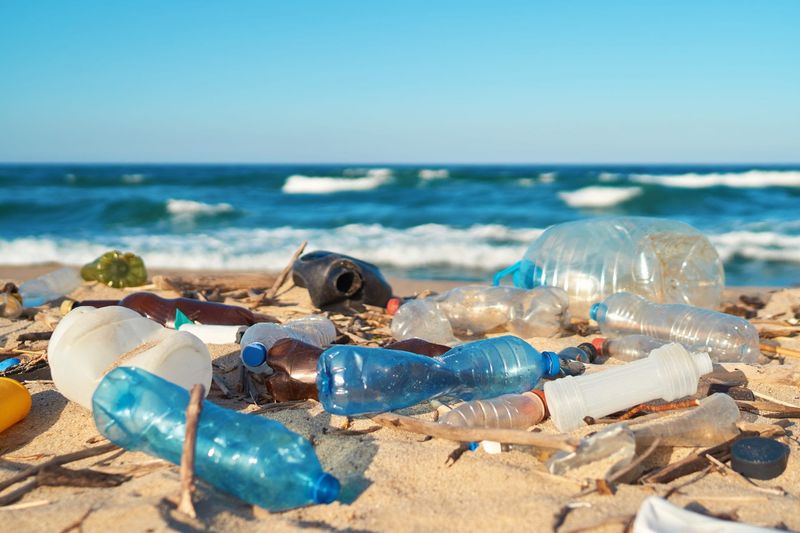
Florida’s new plastic ban aims to reduce environmental impact. Certain single-use plastics are restricted on beaches to combat pollution.
Visitors are encouraged to use reusable items, aligning with the state’s environmental goals. This law supports clean, sustainable tourism.
Tourists can contribute by adhering to these guidelines, ensuring a cleaner, more enjoyable beach environment for all.
12. Marine Wildlife Interaction Rules
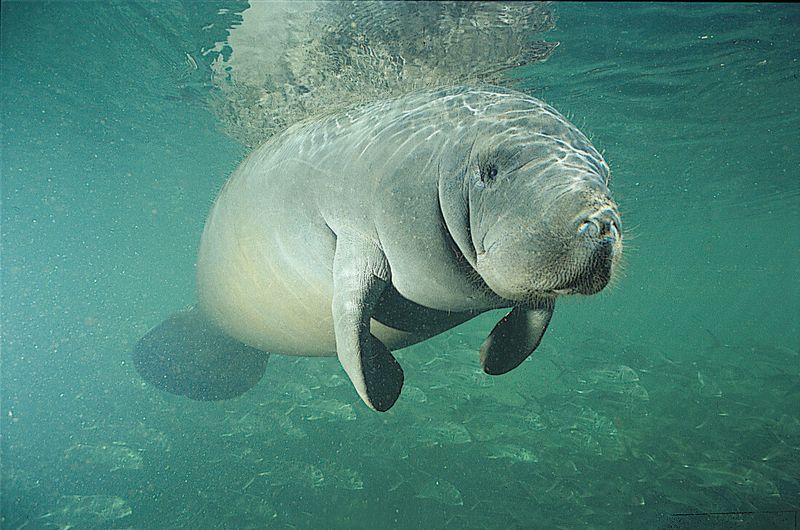
Interacting with marine wildlife in Florida requires adherence to specific guidelines. These laws protect both animals and humans.
Tourists should maintain a safe distance from creatures like dolphins and manatees, avoiding feeding or disturbing them.
Respecting these rules ensures safe and enjoyable encounters with Florida’s diverse marine life, contributing to conservation efforts.
13. Beach Wheelchair Accessibility

Florida emphasizes accessibility with new regulations for beach wheelchairs. Many public beaches now offer this service to accommodate visitors with mobility challenges.
These wheelchairs facilitate beach access, ensuring everyone can enjoy the coastlines fully and comfortably.
Tourists should inquire about availability and any reservation requirements. Embracing accessibility promotes inclusivity and enriches the beachgoing experience.
14. Noise Control Ordinances

Noise control ordinances in Florida aim to maintain peaceful beach environments. These laws regulate loud music and disruptive behavior.
Tourists are encouraged to enjoy the beaches quietly, promoting a family-friendly atmosphere. Compliance with these ordinances ensures a pleasant experience for all.
Adhering to noise regulations contributes to the serene charm of Florida’s beaches, making them a haven for relaxation.
15. Sun Protection Guidelines

Florida promotes sun safety with guidelines that emphasize protection against harmful UV rays. Tourists are encouraged to wear sunscreen, hats, and sunglasses.
These practices prevent sunburn and long-term skin damage, ensuring a safe beach experience. Awareness programs aim to educate visitors about sun safety.
Embracing these guidelines enhances the enjoyment of Florida’s sunny beaches while safeguarding health. Stay protected and enjoy the sun responsibly.



